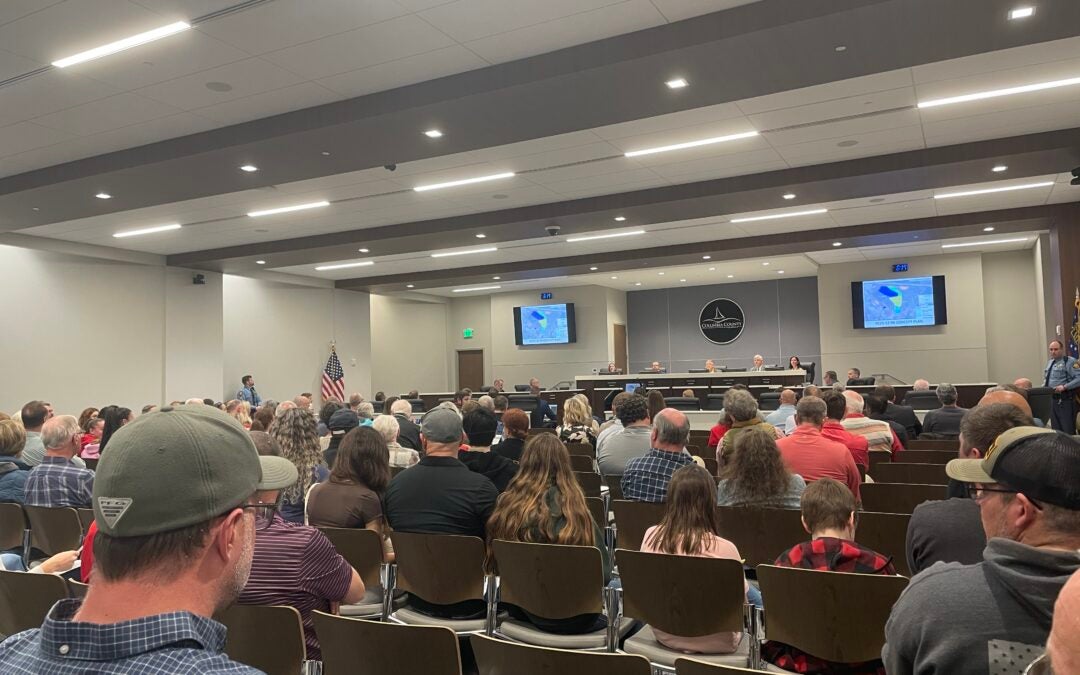A Richmond County judge has vacated multiple sentences and ordered refunds for defendants he says were improperly sentenced and fined during an unauthorized court session Feb. 4.
In the order to vacate, State Court Judge Robert W. Hunter III wrote that he informed Solicitor General Omeeka Loggins multiple times the court “would not be hearing criminal calendar calls for that week.”
But despite the discussion, the solicitor’s office sent out notices to the defendants and their attorneys and reserved a courtroom for conferences with them.

During the session, no judge was present, the session wasn’t recorded and probation wasn’t present, but the solicitor proceeded to “sentence” defendants and collect fines, according to the order.
“Many of the sentences’ fines were below fines normally imposed by the court, and none of the sentences contained the conditions of probation that normally come with the defendant’s plea,” the order stated.
Loggins’ actions “violate the foundation of the judicial system that all defendants should be treated equally and fairly sentenced by the court,” it said. “The court further finds that the sentences presented in this office were illegal pursuant to OCGA 17-10-1 and violate the power of the court.”
The order vacates all proceedings from Feb. 4 and orders any money collected be returned to the defendants, whose cases are being placed on the Monday sentencing calendar.

In a Tuesday response brief, Loggins pushed back against the ruling. She said at the time Hunter announced the schedule change, notices were already being mailed, and that multiple defendants and attorneys showed up for court Feb. 4.
During the session, defendants with traffic offenses were allowed to enter plea agreements and pay fines, a common practice, she wrote.
She argued that no notice of a hearing has been filed regarding vacating the sentences, and that no sentencing paperwork had been entered by a judge, so the order to vacate was premature.
“The Augusta-Richmond County State Court judges have accepted and given the Solicitor-General the ability to sign appropriate plea paperwork to then have payments collected by the Clerk of Court for payable cases for over the last 10-plus years,” she said.









